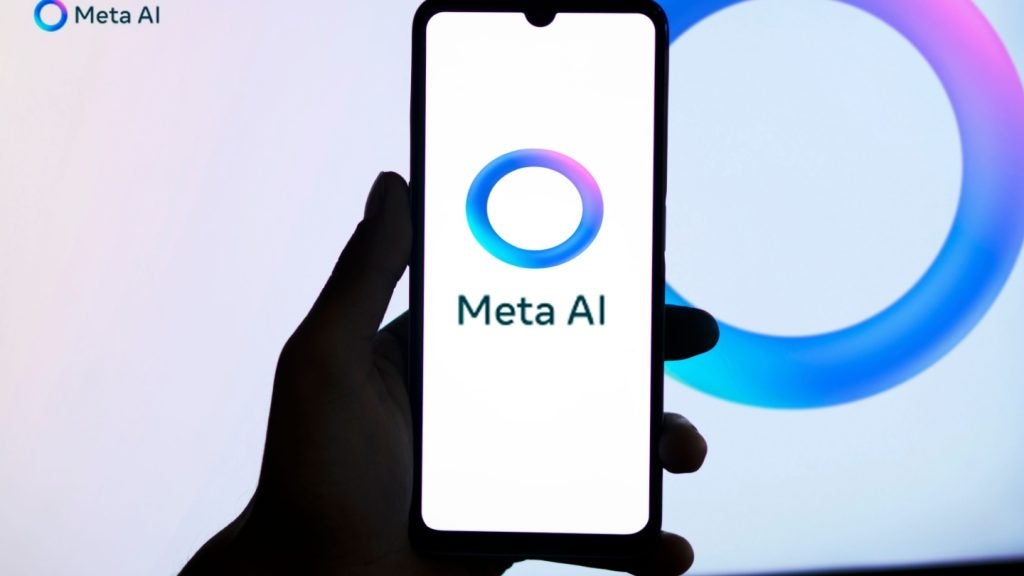The metaverse is a virtual world where users share experiences and interact in real-time within simulated scenarios. It will be all about virtual interactions that expand beyond existing social media platforms. Companies are investing in the metaverse, aiming to attract and engage with younger customers, especially Generation Hashtag.
Social media will be more immersive
Social media has matured into a powerful theme over the past two decades. It allows people to interact, transact, and share interests with others virtually, eliminating location barriers. This has allowed popular platforms to attract billions of users and blur the boundaries between video-sharing, blogging, messaging, and online forums. Social media companies have built large ecosystems of products and services around their core operations. However, the need to differentiate from their peers is driving social media companies to rethink their strategies. Simultaneously, companies are also seeing slow user growth due to rising awareness of data privacy, intrusive adverts, and growing attention around new concepts like the metaverse.
The metaverse will be an extension of social media, adding immersion into the equation, which will bring new experiences to consumers. The metaverse will combine several familiar aspects of social media, such as collaboration, ecommerce, and live events with immersive experiences based on virtual reality (VR) and augmented reality (AR).
However, it will take time as the metaverse is still mostly conceptual, and its underlying technologies are still maturing. Meanwhile, regulators will closely follow the development of the metaverse to highlight any potential harm to users and users’ data.
Metaverse platforms will face regulatory scrutiny
A key challenge for the metaverse to address and overcome will be regulations. Social media is plagued with ads (the key revenue stream for platform owners), misinformation, data privacy and online harm concerns, and copycat experiences. Metaverse platforms will face similar issues, and even more, as they gather biometric and personal data from users.
The social media companies leading the way on the metaverse are also those who have been charged for mishandling user data. Meta, for example, made headlines in 2021 due to allegations from whistleblower Frances Haugen that the company’s ad and data-focused algorithms placed profits over the wellbeing and safety of its users. There has also been condemnation of misinformation across social media platforms. The amplification of misinformation and data privacy issues will drive a proactive stance from lawmakers to regulate the industry. Regulators must, however, be cautious to prevent stifling a budding concept at early stages.
How well do you really know your competitors?
Access the most comprehensive Company Profiles on the market, powered by GlobalData. Save hours of research. Gain competitive edge.

Thank you!
Your download email will arrive shortly
Not ready to buy yet? Download a free sample
We are confident about the unique quality of our Company Profiles. However, we want you to make the most beneficial decision for your business, so we offer a free sample that you can download by submitting the below form
By GlobalDataGeneration Hashtag is the focus for emerging metaverse platforms
The metaverse is a potentially lucrative concept for social media companies, as it will allow them to expand their userbase, especially among Generation Hashtag—defined as anyone born between 1991 and 2005. This demographic represents digital natives that value a digital presence on par with their physical identities and are willing to spend on new technologies and services to expand their online activities.
Social media companies of all stripes, from video sharing to online dating, are thus expanding into the metaverse, aiming to meet the expectations of Generation Hashtag. Brands from a variety of sectors—including apparel (e.g., NIKE, Gucci), banking (HSBC, JP Morgan), and technology (e.g., Accenture)—are taking early positions in the metaverse to attract this demographic, both as employees and consumers. While many are still figuring out what experiences will suit this cohort, the first step is to partner with social media platforms. This further establishes the point that the metaverse will expand social media and serve as a tool for consumer acquisition and new business opportunities.







Related Company Profiles
HSBC Holdings Plc
Accenture Plc
NIKE Inc